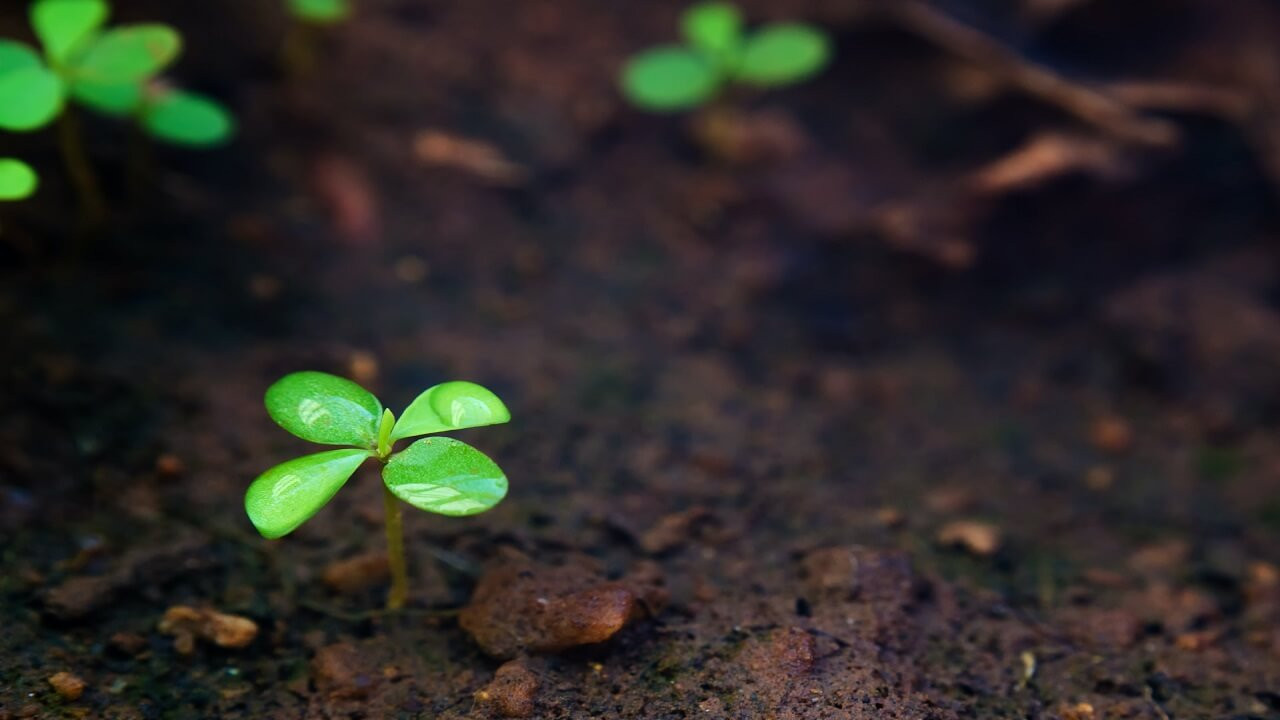
Safe Soil, Safe Food: Understanding Soil Contamination and Its Impact on Crops
January 10, 2024, 11:27 am
When you sit down to enjoy a delicious meal, have you ever stopped to think about the quality of the soil in which the ingredients were grown? Probably not. Most of us take our food for granted, assuming it's safe to eat.
Safe Soil, Safe Food: Understanding Soil Contamination and Its Impact on Crops
However, the reality is that soil contamination can significantly impact the safety and quality of the crops we consume. Discover the world of soil contamination and its impact on crops, as well as what you can do to ensure safe soil for healthier, safer food.
What Is Soil Contamination?
Soil contamination occurs when harmful substances, such as chemicals, heavy metals, pollutants, or pathogens, enter and accumulate in the soil. These contaminants can originate from various sources, including industrial activities, agricultural practices, waste disposal, and natural processes.
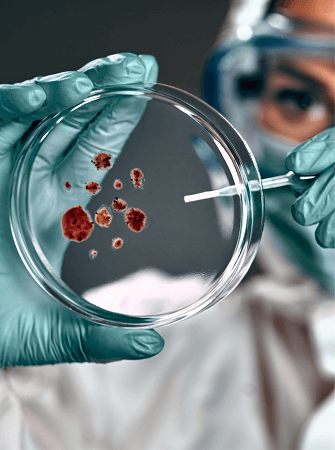
The presence of contaminants in soil can have far-reaching consequences, affecting not only the environment but also human health through the food chain. One of the primary concerns is how soil contamination affects the crops that grow in it.
Soil Contamination and Its Impact on Crops
Nutrient Absorption Disruption
Healthy soil plays a crucial role in providing essential nutrients to plants. When soil becomes contaminated, it can disrupt nutrient absorption, leading to nutrient deficiencies in crops. As a result, the crops may not receive the vital elements they need to grow and develop properly.
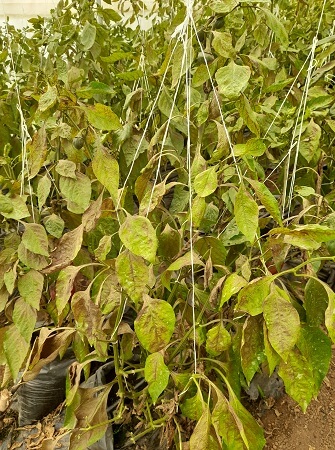
This can result in stunted growth, lower crop yields, and diminished nutritional value in the harvested produce. In addition, nutrient-deficient crops are more vulnerable to diseases and pests, further threatening their overall health and productivity. This not only affects the quantity of food available but also its quality, making it even more critical to address soil contamination.
Toxic Chemical Uptake
One of the most concerning aspects of soil contamination and its impact on crops is the uptake of toxic chemicals. Plant roots can absorb chemical contaminants in the soil and accumulate in various plant tissues. When consumed by humans or animals, these contaminated crops can lead to serious health issues.

Common chemicals found in contaminated soil include pesticides, herbicides, heavy metals like lead and cadmium, and industrial pollutants. These harmful substances can persist in the food chain, causing human and wildlife health problems.
Contaminated Water Sources
Soil contamination can also affect nearby water sources, such as rivers, lakes, and groundwater. When rainwater washes over contaminated soil, it can carry harmful substances into water bodies, further spreading pollution. This contamination can impact aquatic ecosystems and the quality of water used for irrigation, potentially harming crops.
Moreover, polluted water sources can have cascading effects on the environment, affecting fish populations and aquatic habitats. The interconnection between soil and water contamination underscores the need for comprehensive environmental protection measures to safeguard our crops and natural ecosystems.

Soil Microbiome Imbalance
Soil is a complex ecosystem teeming with beneficial microorganisms that aid plant growth and health. Soil contamination and its impact on crops can disrupt this delicate balance, leading to a decline in soil fertility and the presence of harmful pathogens.
A compromised soil microbiome can make crops more susceptible to diseases and pests, requiring increased pesticide use to protect them. Furthermore, excessive pesticide use can intensify the problem by further disrupting the soil microbiome. This vicious cycle not only harms crop yields but also contributes to the deterioration of soil health.
Residue in Harvested Produce
Even after harvesting, the effects of soil contamination can persist. Residues of contaminants may remain on the harvested crops, posing health risks to consumers. You must thoroughly wash and process crops to minimize the presence of contaminants, but complete elimination may not always be possible.
Proper washing and processing techniques, such as peeling or blanching, can significantly reduce the levels of contaminants in produce. Choosing crops that are less prone to absorbing contaminants can be a preventive measure in regions with known soil contamination issues.
Preventing and Managing Soil Contamination
Now that we understand the impact of soil contamination on crops let's explore ways to prevent and manage this issue to ensure safe soil for food production. By actively promoting research and development of sustainable farming practices and technologies, we can reduce the overall reliance on harmful chemicals and promote healthier soil ecosystems. Collaborative efforts between governments, farmers, and environmental organizations are vital in creating and implementing policies prioritizing soil health and preventing contamination.
Soil Testing and Monitoring
Farmers and landowners should conduct soil tests to assess the health of their soil and detect any signs of contamination. Monitoring soil quality over time helps in early detection and intervention. Comprehensive soil testing identifies contaminants and provides insights into soil nutrient levels and pH, allowing for precise adjustments to improve crop health. Sharing soil health data among farmers and researchers can help identify broader contamination patterns and support the development of region-specific mitigation strategies.
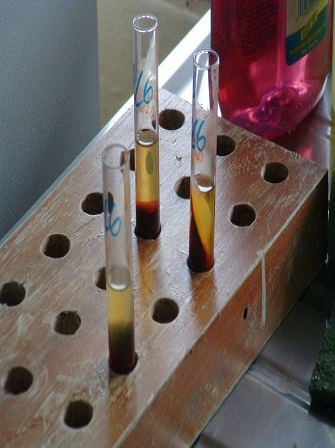
Sustainable Agricultural Practices
Adopting sustainable agricultural practices minimizes soil contamination and its impact on crops. Practices such as crop rotation, cover cropping, reduced pesticide use, and organic farming can help preserve soil health and reduce the risk of contamination. Here is how:
- Crop rotation disrupts the life cycles of pests and diseases, reducing the need for chemical interventions.
- Cover cropping prevents soil erosion and promotes microbial diversity, enhancing soil fertility.
Transitioning to organic farming methods, which prohibit synthetic chemicals, can help maintain a healthier soil ecosystem and reduce the potential for contamination.
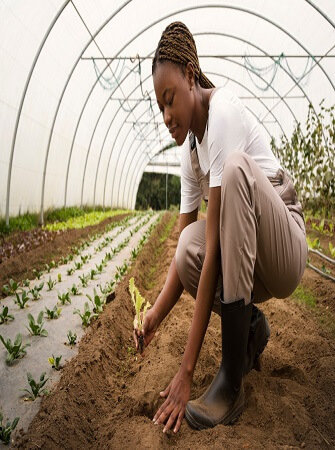
Proper Waste Disposal
Ensuring that hazardous substances are disposed of according to regulations can help protect soil quality. Government regulations and enforcement are critical in holding industries accountable for their waste disposal practices.

Encouraging recycling and responsible waste management practices can further reduce the risk of soil contamination. It's important for businesses to prioritize sustainable and environmentally friendly waste disposal methods and for individuals to properly dispose of household hazardous waste on a smaller scale to prevent contamination.
Managing Soil Contamination Abroad
Moving abroad as an agriculturist presents unique challenges, especially when it comes to adapting to different agricultural laws and regulations in a new country. Whether dealing with varied soil quality, climate conditions, or agricultural practices, the transition requires careful planning and execution. Under these circumstances, Transparent International NYC, a proficient international moving company, becomes an invaluable partner. Such relocations often involve transporting specialized equipment, tools, and sometimes even delicate plant specimens. Here’s how they can help:
- They offer specialized packing solutions to ensure that all items, from tractors to soil testing kits, are securely and safely transported.
- They are well-versed in navigating the complex web of international shipping regulations, especially for agricultural equipment.
Remediation and Cleanup
In cases where soil contamination is detected, remediation measures must be taken promptly. Remediation methods vary depending on the type and extent of contamination but may involve soil excavation, bioremediation, or phytoremediation.
Education and Awareness
Raising awareness about soil contamination and its consequences is essential. Educating farmers, policymakers, and the public about best practices for soil health and the importance of responsible land management can help prevent further contamination.
Conclusion
Safe soil is the foundation of safe food production. Understanding soil contamination and its impact on crops is crucial for protecting our health and the environment. Taking proactive measures to prevent, detect, and remediate soil contamination can ensure that our food is delicious, safe, and nutritious. It's time to recognize the vital role that soil plays in our food supply chain and work together to preserve its health for generations to come.
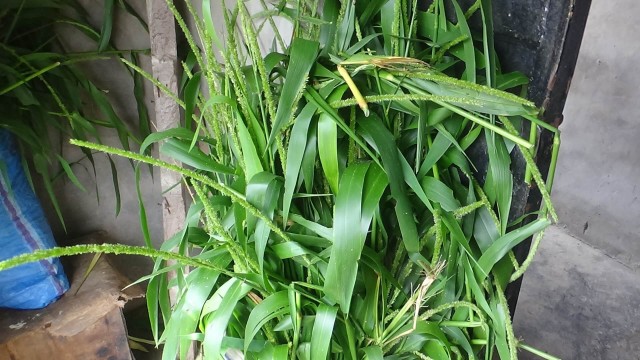
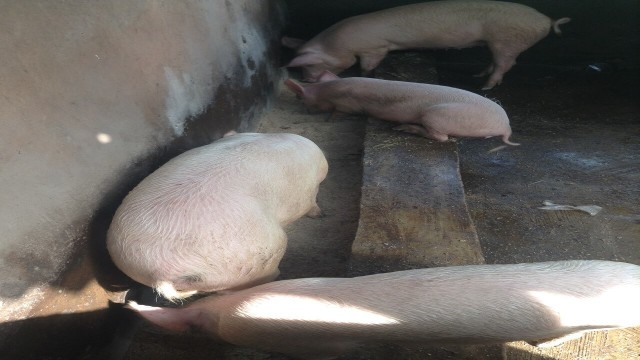
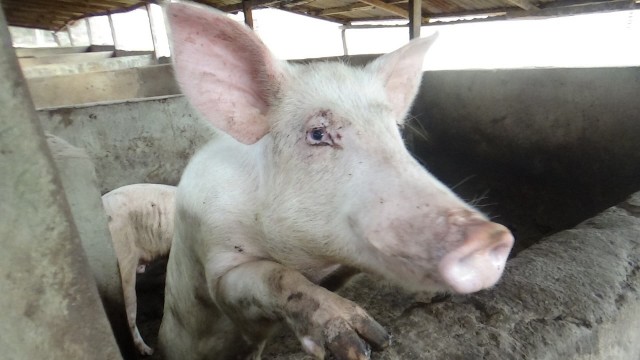
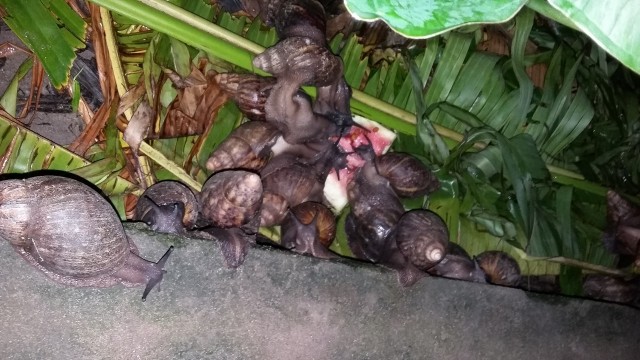
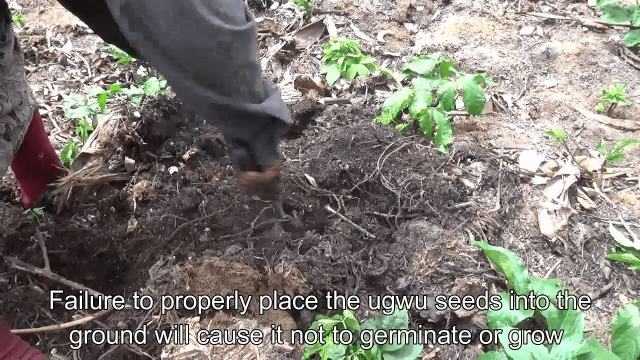
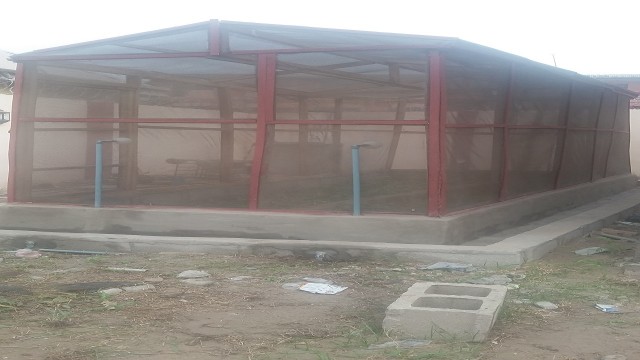
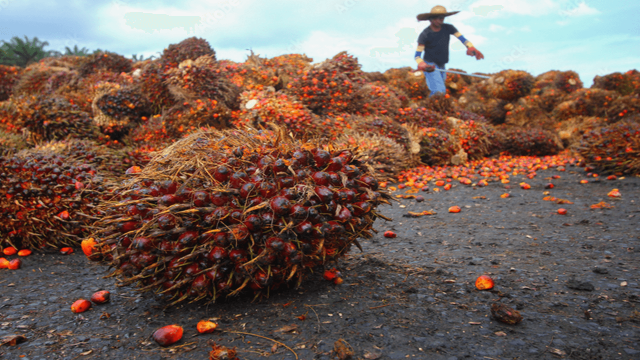
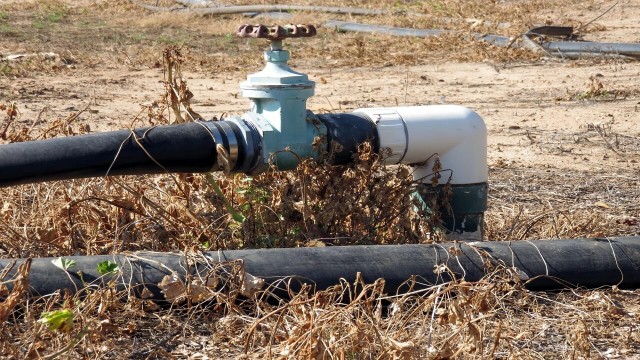




Share This Article: